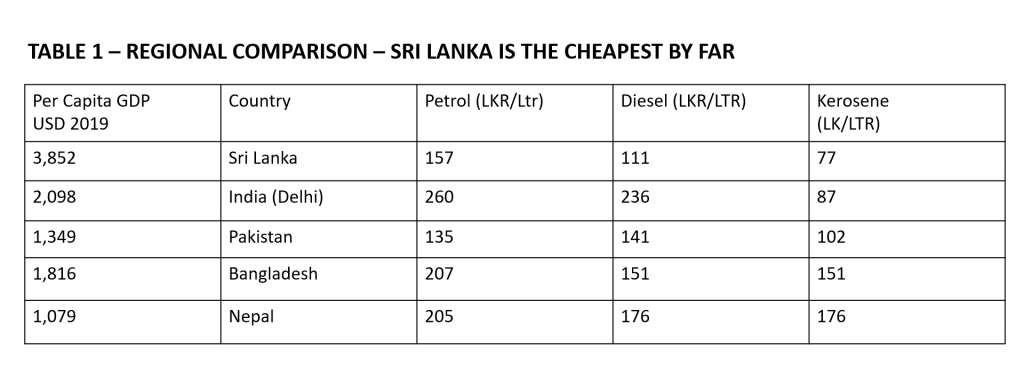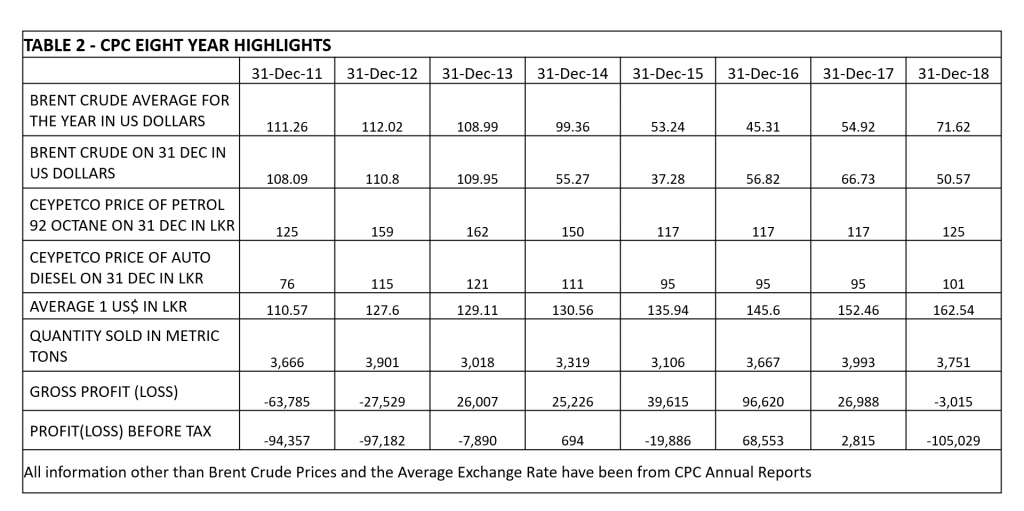Published in The Island.
In a recent TV talk show “Face the Nation”, a panel of economists mostly with experience in the private sector delivered an insightful and no holds barred discussion on the recent hike in petroland diesel prices. The participants were Murtaza Jafferjee (Chair of Advocata Institute), Nishan De Mel (Executive Director Verite Research), Dr Anila Dias Bandaranaike (Former Assistant Governor of Central Bank) and Shiran Fernando (Chief Economist of the Chamber ofCommerce).
It was good to listen to a discussion where no attempt was made to cotton wool the perilous position of the Sri Lankan economy. It was pleasing that all panelists felt that the price increase was inevitable even if taken rather late in the day. Some of the key points they made were:
Murtaza Jafferjee said, “market forces are not allowed to operate due to government interference, which prolongs the issues at hand despite creating an illusion that everything is fine. The government is trying to solve a foreign currency solvency issue by using toolsintended to manage a liquidity crisis. We spend a net amount of US $ 3.5 billion in a year on fuel imports (when the average price is US $ 70 per barrel) which is the single largest import, and that it is vital to price it correctly.
“The revised pricing, unfortunately, does not still cover the cost of diesel. The government should have done price increases in stages. In New Delhi, the price of a Liter of petrol is Rs. 250/- (SEE TABLE 1). According to a World Bank study, the fuel subsidy benefits the richest 30% of households (here) with 70% of the benefit. He proposed that to ease the burden of higher fuel cost on the poorest segment of the population, there needs to be a cash transfer, like Samurdhi benefits to that segment instead of subsidizing all and sundry.”

His message was not to play politics with fuel prices, causing a huge hole in the economy. He was astounded that the single person income tax-free threshold of Rs.three million for a year introduced by the government in 2019 is 400 per cent of the country’s per capita income. This contrasts with countries like Singapore and Australia, both of whom have a much higher per capita income than Sri Lanka, but the tax-free threshold is only around 20% of per capita income.
Dr Anila Dias Bandaranaike said, “leadership need to make tough decisions and convince the public to undergo certain hardships to work towards a better future.” Those presently overseeing the management of the economy are out of their depth and drowning. Post-2015, when attending parliamentary oversight committees, she observed that most MP’s were absent and that many of the few who attended did not understand what was going on! She was critical of the private sector and referred to them as the NATO = No Action Talk Only! But unfortunately, she declined to comment about the role of the utterly inefficient and subservient public service of which she was part for several years!
Nishan de Mel said, “The present government reduced a plethora of taxes when it came to power, thereby significantly reducing government revenue—estimated to be around Rs. 600 billion. These measures were to act as an economic stimulus leading to economic growth. Unfortunately, no analysis has been done to determine whether these measures achieved the desired result.”
He lamented that there is a lack of economic data readily available in our country. This prevents proper monitoring and analysis of various actions resorted to by the government and hinders future planning. He cited an example of how the Central Bank has filed a court case to prevent access to certain data relating to the bond scam. They retained expensive lawyers from private practice as opposed to those from the Attorney Generals Department. The government is resorting to local borrowing to bridge the budget deficit, and by keeping the lending rates below inflation, the government is borrowing at zero cost. Our economy is in a precarious position.
The Need for a Formula for Pricing Fuel
Those who have some knowledge and understanding of how the government should manage the economy have been of the view for several decades that the government needs to price the supply of fuel, electricity, gas, and many other commodities and services based on a formula ofcost-plus profit. In 2018, the Yahapalana government did introduce a price formula. They were subjected to both criticism and ridicule. With an impending election, the practice was hastily withdrawn. A document prepared as far back 2003 proposed that the fuel price formula should be based on:
CIF price (FOB + freight + insurance + evaporation losses) to which the following costs be added (port + jetty charges + customs and excise duty + financial charges + storage and terminal charges + marketing and distribution charges) to arrive at the wholesale cost.
The retail price was to be arrived at by adding the following to the wholesale cost (profit margin of 5% + retailer and dealer margin of 2.5% of the wholesale price + VAT).Fuel prices should be revised monthly to reflect changes in Singapore Platts average FOB price and exchange rates.
It was a simple enough formula to have been implemented. No doubt there would have been periods when world oil prices spiked well above US 100 per barrel, the retail price would have been high. However, we all know that no commodity or service can be provided below cost other than for a short period. Unfortunately, this type of logic has escaped those who have governed our country for so many decades.

Actually, it is a case of not being able to take tough decisions at the correct time. Short-term political popularity has overridden the compelling need for sound economic management. That our country has lacked visionary leaders since Independence is evident. However, we, the masses, are equally culpable for our predicament. The quotation “people get the government they deserve” is quite apt.
In addition, high fuel prices hopefully should also act as a catalyst for car owners to adopt practices such as car-pooling. The benefits extend beyond just financial to also reducing traffic jams on our roads, pollution etc.
The Losses incurred by Ceylon Petroleum Corporation (CPC)
At the outset, I must express my disappointment that the latest CPC Annual Report available is for the year ended December 31, 2018. This reflects the overall inefficiency that pervades state institutions where the work ethic is deplorable. Many companies listed on the Colombo Stock Exchange releases their Annual Reports within 90 days of the end of the financial year. An examination of the financial statements of CPC for 2018 reveals the following.
CPC posted a loss of Rs. 105 billion, of which Rs. 82.7 billion was on account of foreign exchange rate variation and a further Rs. 12.9 billion due to interest costs. Unfortunately, even at a Gross Profit Level (Revenue less direct costs), there was a loss of Rs 3 billion. TheBalance Sheet as of December 31, 2018, reflects that CPC has accumulated losses of Rs. 325.6 billion. The net assets are a negative of Rs. 281.7 billion. Borrowings were Rs. 296 billion,although there was Rs. 110.6 billion of bank deposits, investments in treasury bonds and bank balances. Other liabilities of Rs. 313 billion included foreign bills payable for imports of Rs. 245.5 billion.
CPC is insolvent, and the Auditor General has qualified his report by stating, ” The Corporation’s ability to continue as a going concern without the financial assistance from the Government is doubtful.”
I have included a table (2) detailing the eight-year history of the performance of CPC and some essential information. The absence of the financials for 2019 and 2020 prevents me from doing a 10-year analysis. As can be observed in 2011, 2012, and 2018, CPC made a loss even at Gross Profit Level and posted a loss before tax in five out of eight years. In 2011 and 2012, the average price for a barrel of Brent crude was in the region of US $ 112, and the consequences of not adjusting the fuel price are apparent. On the other hand, in 2013, despite the average cost of a barrel of Brent being US $ 109, CPC was able to post a Gross Profit of Rs. 26 billion as fuel prices were adjusted to reflect the cost.
Poor Management of CPC
Given the pivotal role that CPC plays in our economy, there is a need to ensure that people of skill, proven competence, and experience be appointed to both the Board of Directors and the key management positions. I have noted from perusing the corporation’s Annual Reports that the Executive Chairman post is like a merry go round. In the year 2017, there were three different Chairmen, whilst in 2018, there were two separate Chairmen. No organization, let alone one as large as CPC, can function effectively without continuity. In addition, the calibre of people appointed to the post of Chairman is a cause for concern.
In 2017, the Minister of Petroleum appointed his brother as the Chairman. Under any circumstances, this appointment can only be deemed as nepotism. In addition, the Chairman being a former cricketer, had no relevant experience nor proven competence and maybe the skill sets required to hold this position. The infamous hedging deal that cost the country’s taxpayers a sum over Rs. 14 billion between 2007 and 2008 occurred when another former national cricketer was the Chairman of CPC.
Do we ever learn? Another who served as Chairman in 2018 is a person whose career was in the Sri Lanka Administrative Service. With all respect, having dealt with various senior public servants in our country during my career in the private sector, I have grave reservations about their capability to hold a position that requires proven commercial acumen and expertise. A question that needs to be posed and answered by the Chairman and the Board who served the CPC in 2020 is whether they took advantage of rock bottom prices in the world market to secure our future supplies.
Auditor General’s Report On CPC
The Auditor General’s (AG) Report for 2017 and 2018 of CPC and subsidiary run into 29 and 18 pages, respectively. They are a damning indictment of maintaining poor accounting records, lax internal controls, non-adherence to Sri Lanka Accounting standards, lack of evidence for audit, non-compliance with laws, rules, regulations, poor management decisions, operating inefficiencies, and transactions of contentious nature.
Due to the constraint of space, I shall only list a few of them, although any reader interested can access the annual reports of CPC on their website www.ceypecto.gov.lk
- Differences in balances payable/receivable as reflected in the accounting recordsof CPC and other parties:
- A difference of Rs. 670.93 million in the inter-company balance between CPC and the Subsidiary – Ceylon Petroleum Storage Terminal Ltd., as of December 31, 2017, increased to Rs. 2.47 billion by December 31, 2018.
- A balance difference of Rs. 436.78 million observed between CPC and the Department of Inland Revenue (IRD) regarding Income Tax, Economic Service Charge, and Value Added Tax payable/recoverable.
- There is a balance difference of Rs. 778.3 million between CPC and the CEB as of December 31, 2018
- An amount of Rs. 2.7 billion is reflected in excess as payable to Sri Lanka Customs compared with Sri Lanka Customs’ records.
- No basis disclosed or audit evidence provided for the provision of Rs. 142.92 million made on inventory items to be written off.
- An amount of Rs. 4.59 billion payable to the People’s Bank on account of hedging transactions between 2007 and 2009 has been excluded from the financial statements of CPC. In addition, Commercial Bank of Ceylon Plc has filed a case at the Commercial High Court, Colombo, claiming US $ 8.65 million from CPC. The total estimated loss due to the hedging transactions between 2007 and 2009 is estimated to be Rs. 14 billion.
- An estimated loss of Rs. 1.5 billion because of non-implementation of collecting a monthly utility fee from CPC- owned dealer operated filling stations and Treasury owned dealer operated filling stations from January 01, 2014, onwards.
- CPC has borne Rs. 53.57 million and Rs. 259.9 million during 2017 and 2018 respectively as PAYE Tax of its employees without deducting it from their personal emoluments.
- A sum of Rs. 307.8 million incurred in purchasing seven motor vehicles in 2017 without the approval of the Ministry, General Treasury and the Department of Public Enterprise.
- An agreement has been entered into with Hyrax Oil SDN BHD to build a Lubricant Blending Plant on a BOT basis in May 2016. No comparable proposal has been obtained, which is the acceptable procedure. The AG’s report also mentions that they could not ensure that a proper feasibility study had been conducted for the project.
The list is much longer. The Auditor-General and his staff need to be commended for their work. In most countries, an audit report of this nature would result in action against officers responsible. I believe most audit reports compiled by the Auditor General on state enterprises would be equally bad or even worse.
The Impact of fuel Prices and politicization
The Minister, in justifying the price increase said, CPC has borrowed around Rs. 600 billion from People’s Bank and Bank of Ceylon, and any further borrowing might destabilize the entire banking system.
There is no doubt that an increase in fuel prices has a ripple effect that runs across from the cost of transport to goods, resulting in hardship to some population segments. It mainly impacts the poorer segment struggling to make ends meet. The popular euphonism in Sinhalese that most opposition politicians say “gahen watuna minihata gona anna” which is equivalent to the English “from the frying pan to the fire.”
In the 2018 Annual Report, it is disclosed that CPC lost Rs. 14.7 billion due to selling kerosene below cost. The loss per litre is Rs. 56.86. The annual report states, “The subsidy on kerosene is largely misused by the transport sector when the price gap between the diesel and kerosene is more.” However, as Jafferjee said, the solution to avoid this pain is to make a cash transfer to those in the poverty net and not benefit the rest of the population.
I came across a Sri Lanka review done by the World Bank in 1996 where they say “Sri Lanka’s large array of safety nets are both costly and poorly targeted. They typically have transferred resources, albeit modest, to a large fraction of the population above the poverty line and inadequate sums to the very poor.” Unfortunately, 25 years on this statement is still applicable.
It is deplorable that politicians of both the main parties try to politicize fuel prices despite being aware of the massive negative economic impact of not pricing fuel based on the cost-plus-profit formula. Their job is also to educate the public and stop childish symbolic acts of riding bullock carts, cycles and three-wheelers. The decision to import expensive vehicles for MP’s needs our unreserved condemnation. One must live hoping that action will be taken against the members of the CPC Board who in 2017 ordered seven vehicles for Rs. 307 million with no covering approval.
Conclusion
In my view, the need to privatize the Ceylon Petroleum Corporation is compelling. The government can maybe hold a majority stake of 51%. However, the management of CPC by an independent professional team outside government interference is a must. This is equally applicable to many other state corporations like the CEB, the National Water Board and Litro Gas.
I can imagine the howls of protest this will draw from the JVP, other left-wing parties, and trade unions. The opposition by the trade unions is understandable given that the staff cost at CPC for the year was Rs. 6 billion, which increased to Rs. 12.7 billion inclusive of the subsidiary company. As to whether the Rs. 259.9 million borne by CPC as PAYE tax on behalf of its employees is included or on top of this is anybody’s guess. The cost to company (CTC) of an employee at CPC (excluding the subsidiary company) is approximately Rs. 180,000 per month.
The government must draw upon the success of the part divestiture and independent management of Sri Lanka Telecom and Sri Lankan Airlines under Emirates to restructure all loss-making institutions. These changes should have been implemented long ago, but as the panel of experts said in the Face the Nation talk show, it is better late than never.

